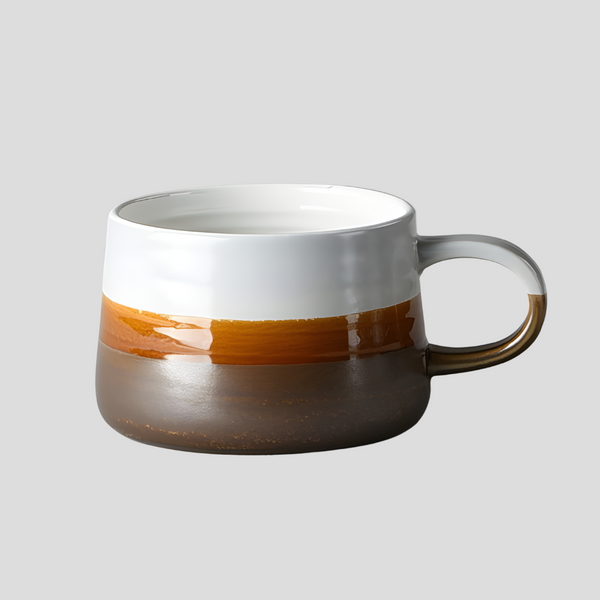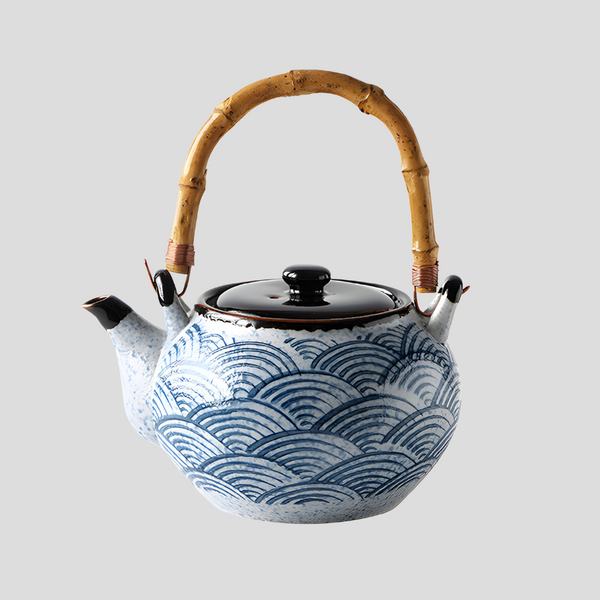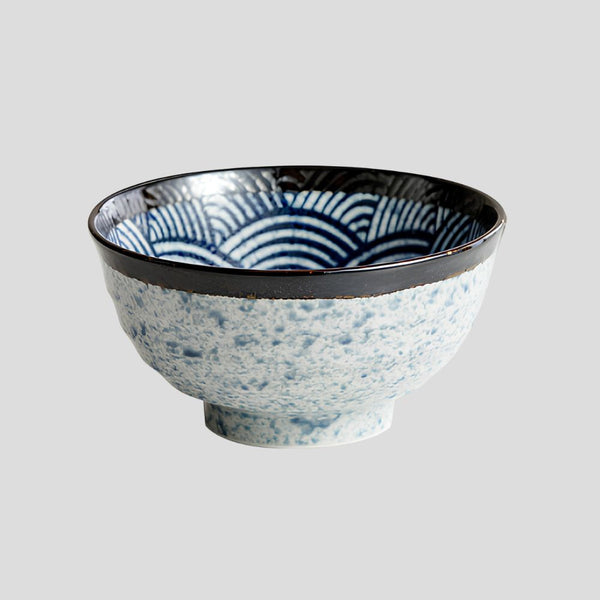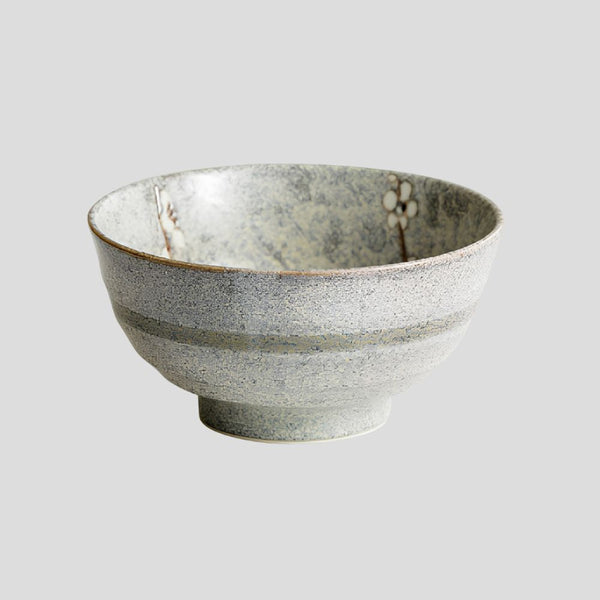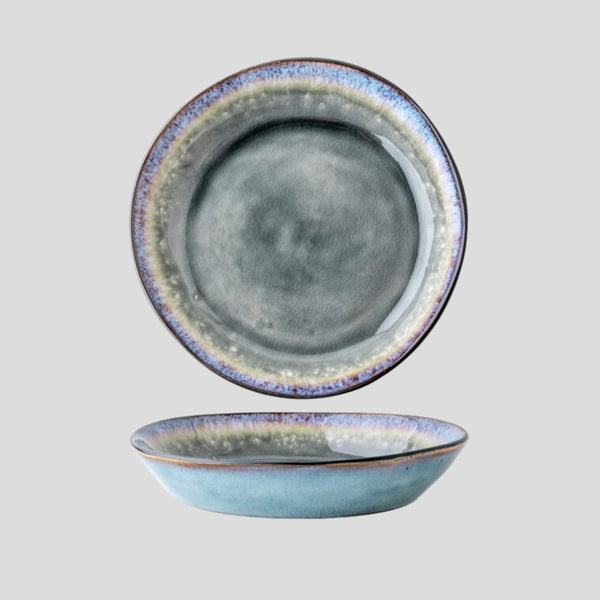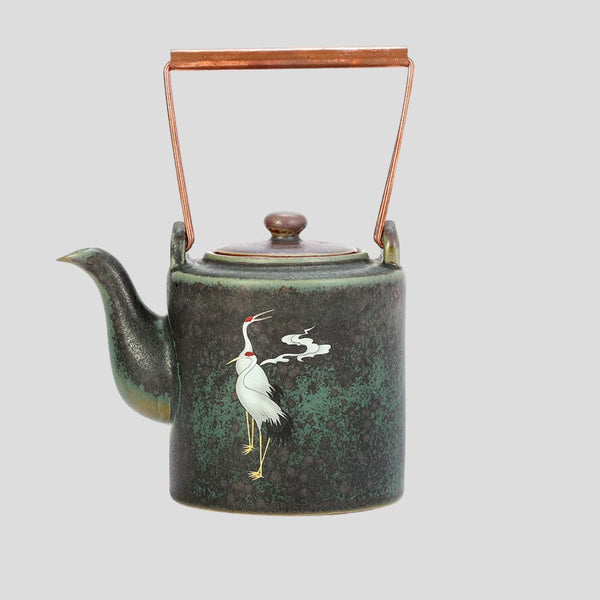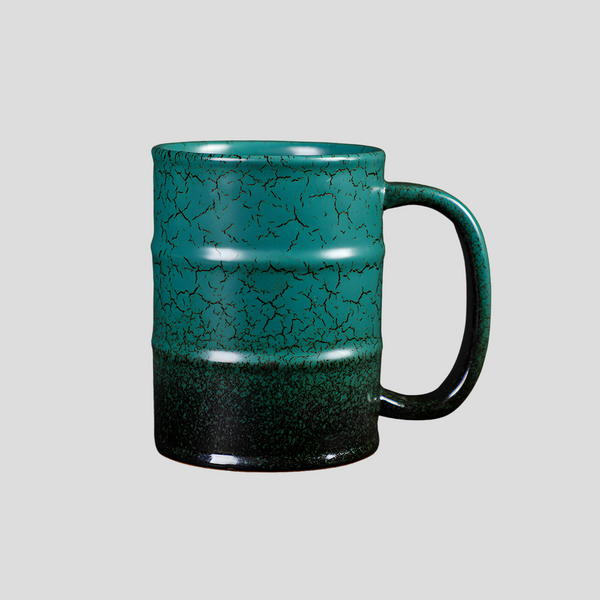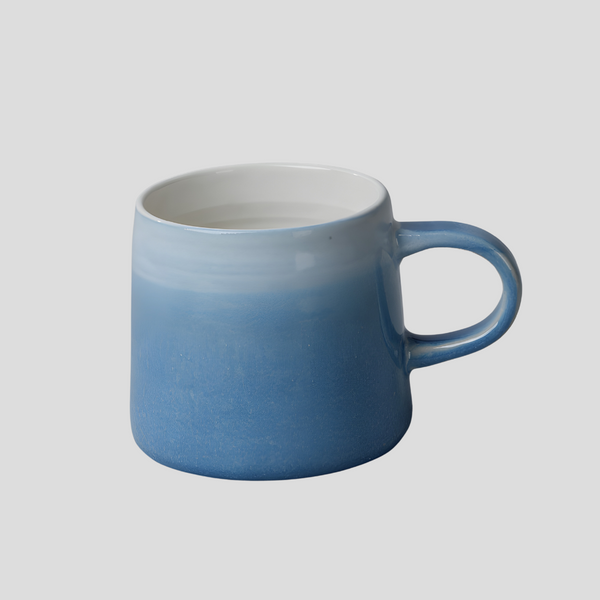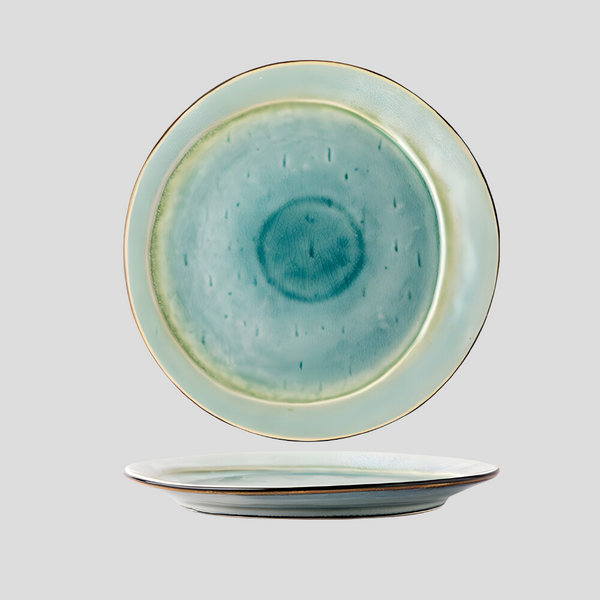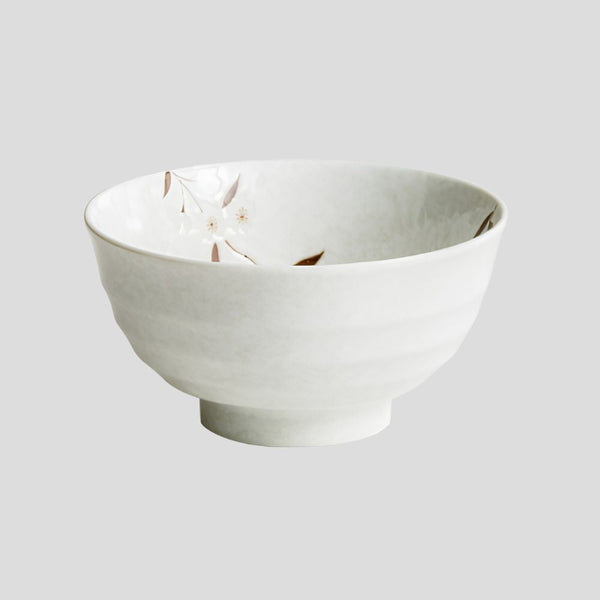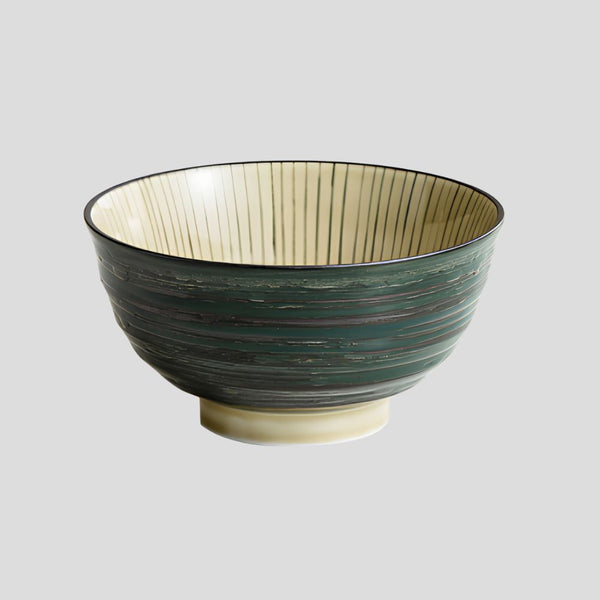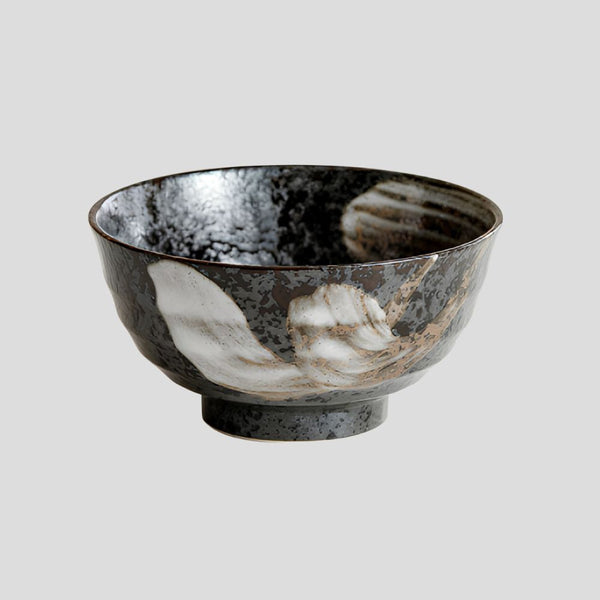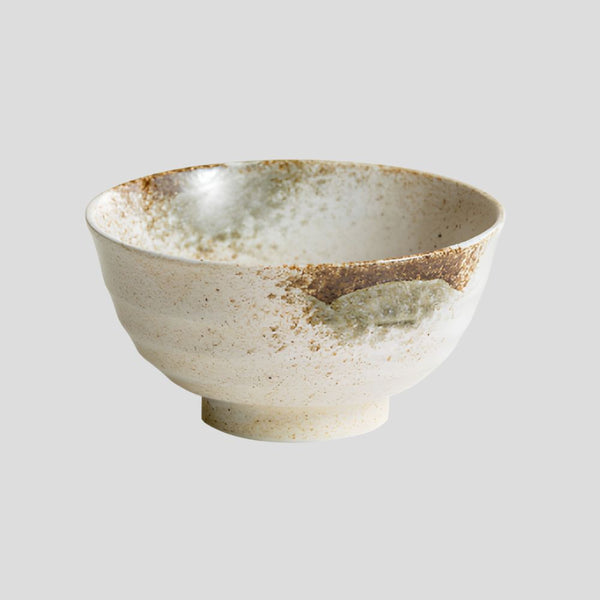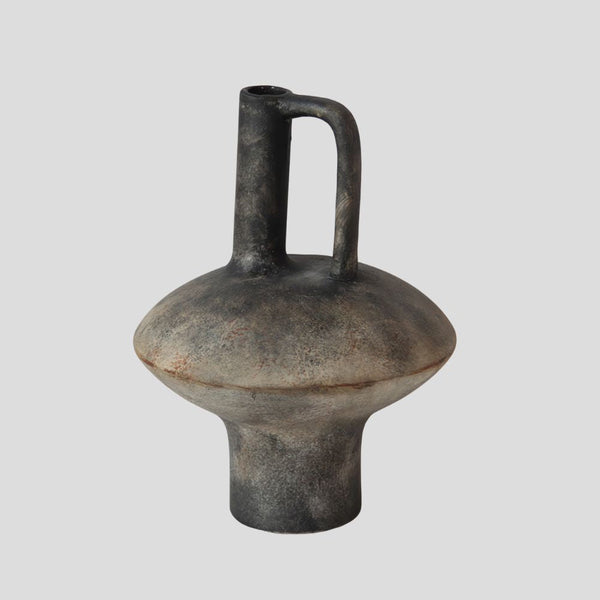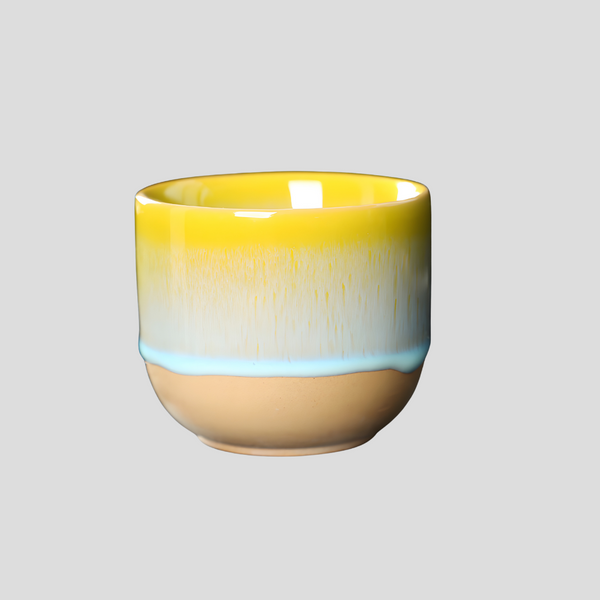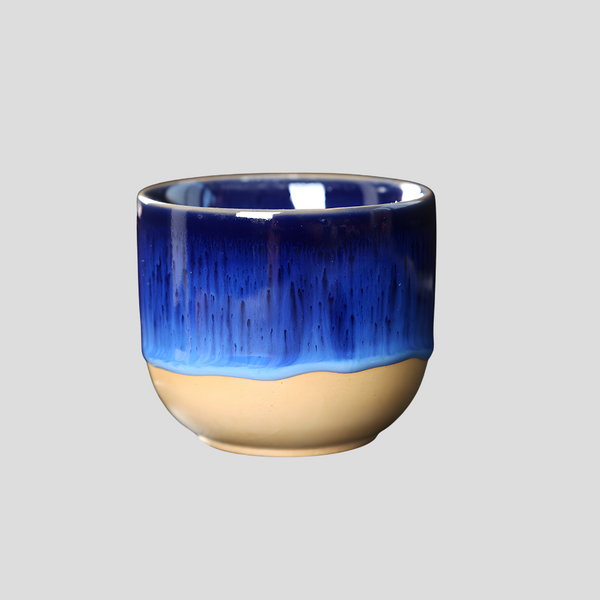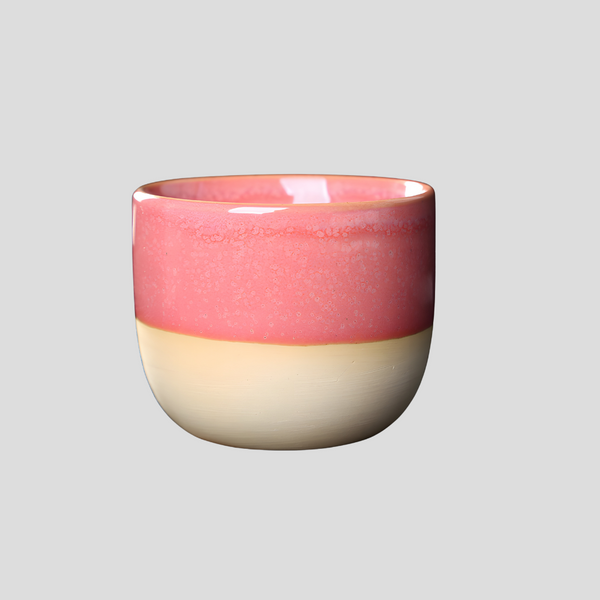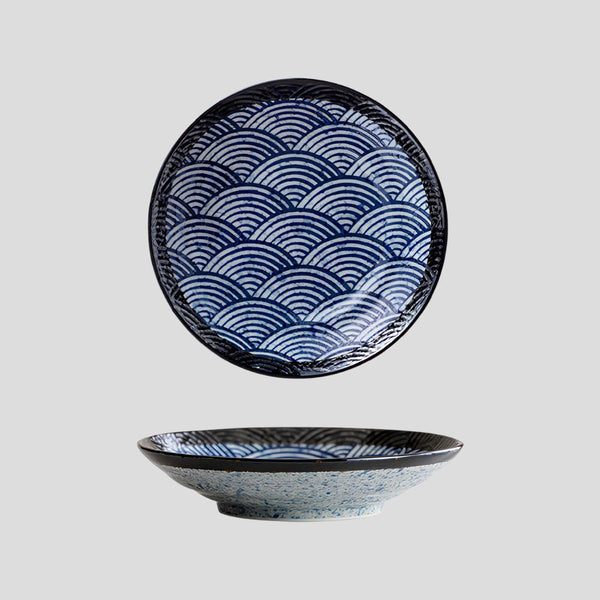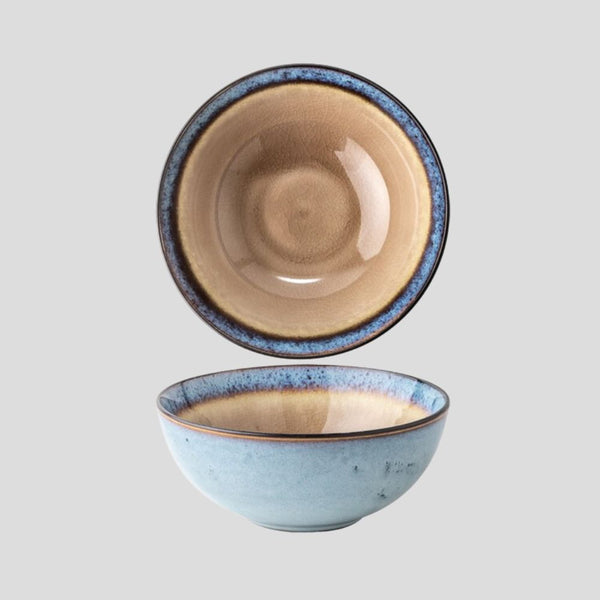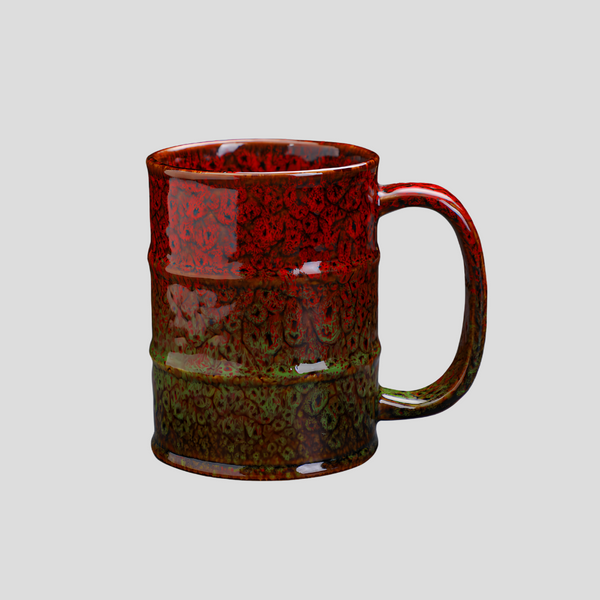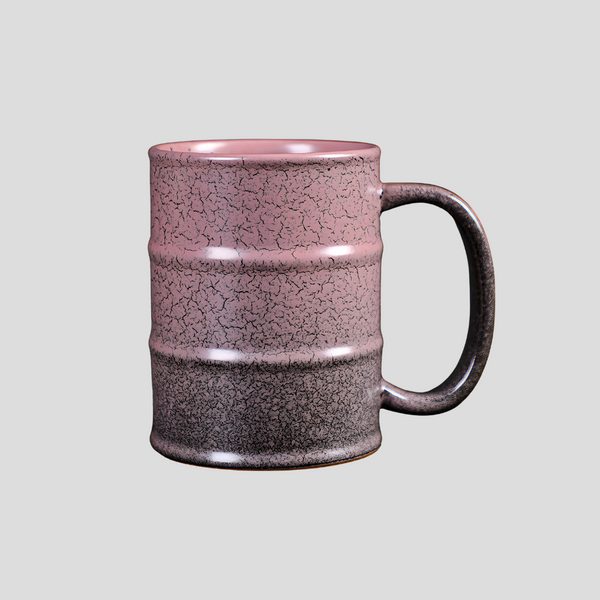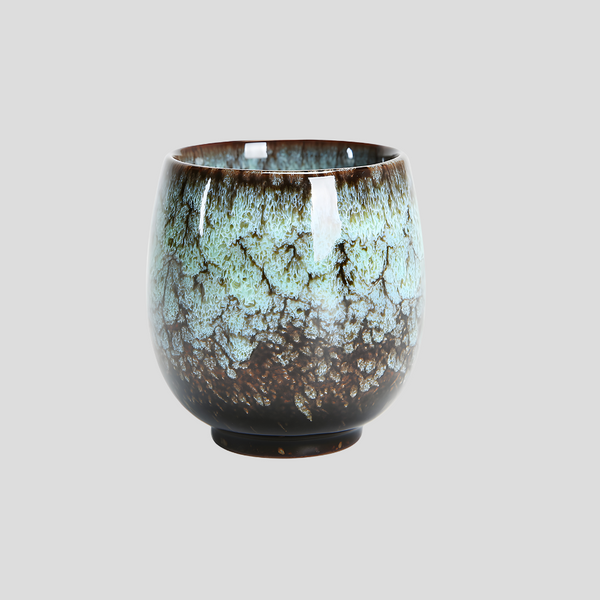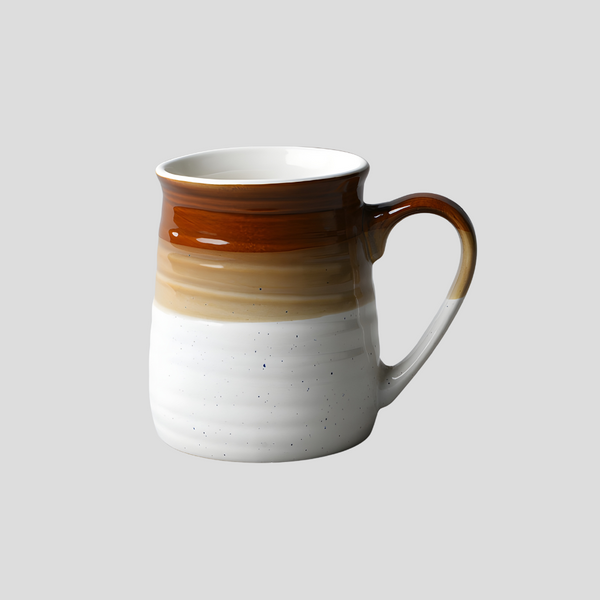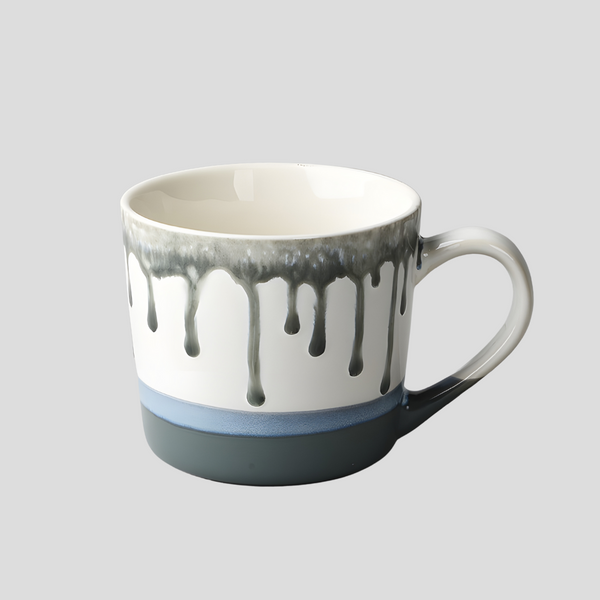
Starting a Successful Pottery Business: A Beginner's Guide
Introduction to Starting a Successful Pottery Business
Starting a pottery business can be an exciting venture for anyone with a passion for crafting and design. Whether you’re an accomplished potter or a novice looking to turn your hobby into a source of income, the pottery business offers a unique blend of creativity and entrepreneurship. However, like starting any business, it comes with its own set of challenges. This beginner’s guide aims to navigate the basics of setting up a pottery business, turning your artistic vision into a profitable endeavor.
Step 1: Master Your Craft
Before diving into the business aspect, it's crucial to hone your pottery skills. If you're new to pottery, consider taking classes or workshops to learn various techniques and styles. For those who already have experience, keep refining your skills and experimenting with new ideas. Your unique style and the quality of your work will set you apart in the marketplace.
Step 2: Develop a Business Plan
Once you've got the hang of your craft, it’s time to put together a business plan. This should outline your business goals, target market, product range, pricing strategy, and an overview of your competitors. It’s also important to detail how you plan to sell your products, whether through online platforms, at craft shows, or via retail outlets. A comprehensive business plan can serve as a roadmap for your venture and is essential when seeking funding.
Step 3: Set Up Your Workspace
Having the right space is crucial for a pottery business. You’ll need enough room for your wheel, kiln, and other equipment, as well as storage for your raw materials and finished products. Safety is also an important consideration due to the use of high temperatures and potentially hazardous materials. Ensure your workspace complies with local regulations and safety standards.
Step 4: Invest in Quality Equipment
High-quality equipment is key to producing high-quality pottery. This includes a reliable pottery wheel, kiln, and tools for shaping and decorating your pieces. While it's possible to start with second-hand equipment, ensure it’s in good working order to avoid any disruptions to your production process.
Step 5: Market Your Products
Marketing is critical to the success of your pottery business. Develop a brand identity that reflects the style and ethos of your work. Create a professional website and use social media platforms to showcase your products and connect with customers. Additionally, consider selling your products at local craft shows, farmers' markets, and online marketplaces like Etsy to reach a wider audience.
Step 6: Price Your Products Correctly
Correctly pricing your pottery can be challenging. You’ll need to factor in the cost of materials, overheads, your time, and your desired profit margin. Research what similar items are selling for and adjust your prices accordingly. It's important to strike a balance between being competitive and ensuring you are fairly compensated for your work.
Step 7: Build Customer Relationships
Building and maintaining customer relationships is crucial for growing your pottery business. Encourage feedback and stay engaged with your customers through newsletters, social media, and by offering personalized services. Repeat customers and word-of-mouth referrals can be pivotal for your business’s success.
Conclusion
Starting a pottery business requires a blend of artistic skill, business acumen, and hard work. By following these steps and staying committed to your craft, you can turn your passion for pottery into a successful business. Remember, the key to success is not just in creating beautiful products, but also in effectively marketing your brand and building strong relationships with your customers.
Click this link to check out our ceramic artwork!


